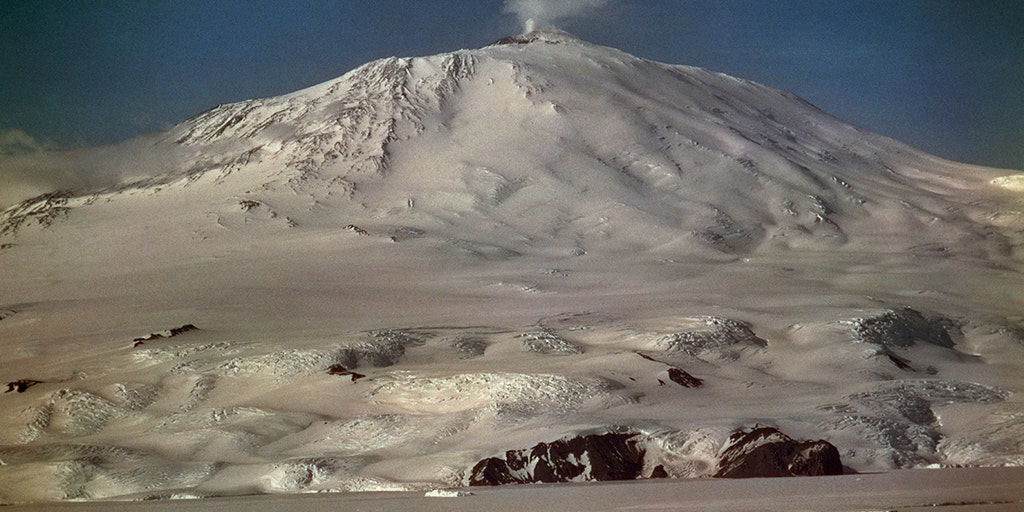An asteroid the size of a refrigerator was seen hours before it collided with Earth’s atmosphere, and while it was not dangerous, it marked the fifth time in history that an asteroid was discovered before it hit our planet.
On March 11, astronomer Krisztian Sarneczky observed an asteroid at the Piszkéstető Observatory in Hungary. Sarneczky reported this to the International Astronomical Union’s Center for Minor Planets, which confirmed it was the first time the asteroid had been observed.
NASA’s “Scout” system, which constantly searches the Minor Planet Center database for any possible collisions, then calculates the asteroid’s orbit, and finds that the asteroid will definitely collide with Earth. The system then notified the Center for Near-Earth Object Studies at NASA’s Jet Propulsion Laboratory in Southern California and other asteroid impact systems.
Fortunately for Earth, the asteroid, called 2022 EB5, was about 6 feet long, a size “too small to pose a threat to Earth,” NASA said in a statement.
Video: NASA launched a spacecraft to test if it’s possible to derail the asteroid
Scout determined that the asteroid would enter Earth’s atmosphere around the Norwegian island of Jan Mayen, about 300 miles northeast of Iceland. At 5:23 p.m. EDT, two hours after Sarnicky first spotted the asteroid, the asteroid hit Earth’s atmosphere just as Scout predicted.
This was the fifth time an asteroid had been spotted hours before it hit Earth and the first time since 2019.
“The scouts only had 14 observations over a 40-minute period from a single observatory to work with when they first identified the object as a collider. We were able to identify potential collision sites, which initially stretched from western Greenland to off the coast of Norway,” Davide Farnocchia, a navigation engineer who developed Scout. “As more observatories track the asteroid, our calculations of its path and impact site are becoming more accurate.”
Meteor International said No meteorites have been found from the asteroid, but some people in Iceland have reported seeing bright flashes, indicating that the space rock has become a fireball.
Asteroids like 2022 EB5 enter Earth’s atmosphere about every 10 months, said Paul Chodas, director of the Center for Near-Earth Object Studies, but it’s difficult to identify one before it actually enters the atmosphere.
“Very few of these asteroids have been spotted in space and observed extensively before the collision, mainly because they were so faint until the last few hours, and the survey telescope has to be watching the right spot of the sky in time for one to be detected,” he said. Chodas.
Close call: The 230-foot-wide asteroid that was initially expected to hit Earth in 2023 was a false alarm.
Asteroids and dinosaurs: New research says an asteroid that killed dinosaurs hit Earth in the spring
While this asteroid has snuck up to astronomers, you don’t have to worry about a larger, catastrophic asteroid doing the same. Large asteroids are easier to spot, NASA said, and can be found earlier. The agency noted that this asteroid showed that its systems can be highly accurate in projecting the location of a possible collision with an object and will help the planetary defense systems to be fully prepared.
NASA is testing its planetary defense systems in the event that a dangerous asteroid threatens to strike Earth.
NASA launched the DART system in Novemberwhich will hit the asteroid moon Didymos in September, with the aim of determining whether a spacecraft collision with an asteroid could change its course.
Follow Jordan Mendoza on Twitter: @jordan_mendoza5.
What is everyone talking about?: Subscribe to our trending newsletter to get the latest news of the day
This article originally appeared on USA TODAY: An asteroid the size of a refrigerator hit Earth two hours after it was discovered

“Typical beer advocate. Future teen idol. Unapologetic tv practitioner. Music trailblazer.”






More Stories
This active volcano in Antarctica spews real gold dust
Pluto's core was likely created by an ancient collision
UF scientists hope to stop deadly bronzing disease in Florida palm trees